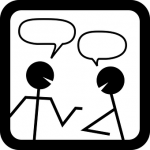Eating problems

Information
Here you’ll find answers to some common questions concerning eating problems.
Select the underlined questions below to see more.

There can be a number of reasons why problems with eating can occur which may include low self-esteem, perfectionism, feeling inadequate, lacking control in life, low mood, anxiety or trauma.
- Pressure from the world e.g. cultural/ societal pressures to ‘look good’ and ‘fit in’ with norms, involvement in a sport/ activity that emphasises body image.
- Difficulties in relationships with others (conflict/ abuse/ bullying), difficulties expressing and managing emotions.
Often it is a combination of these that can lead a person to try and find a way to feel better in difficult times. We don’t know all the answers to what can trigger and keep an eating disorder going but we are finding out more that can help.
Eating problems arise when a person tries to feel better about themselves or a difficult situation or feelings by trying to control their weight or shape through what or how they eat.
There are a number of eating problems which come under the umbrella of eating disorders the ones we hear most often are:
- Anorexia Nervosa where a person will restrict the amount of food they have each day and will usually be underweight as a result of this.
- Bulimia Nervosa where a person will also restrict what they eat in order to change their weight but will then over eat/binge. They will then usually try to get rid of the calories they have eating by making themselves sick.
- ARFID Avoidance or restriction of food intake that results in either significant impairment in physical health or psychosocial functioning. This includes an apparent lack of interest in eating or food, avoidance based on sensory aspects of food, concern regarding aversive consequences of eating (choking).

While eating problems can be scary and can impact severely on life it is important to know and remember that they can be treated and that young people can and do get better. What’s key is talking about the problems they are dealing with.
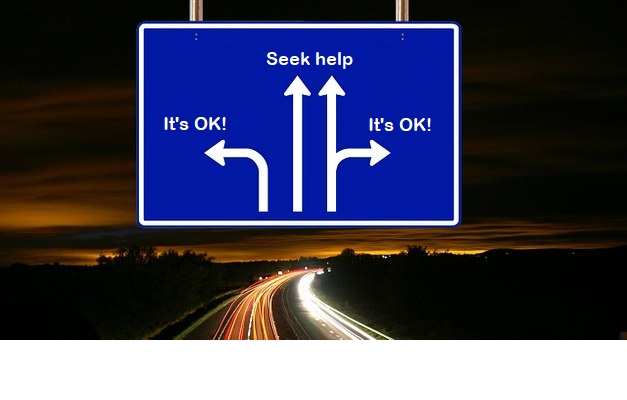
Coping with
Here are some strategies for dealing with eating problems.
Click on the buttons below to find ways to deal with eating problems.
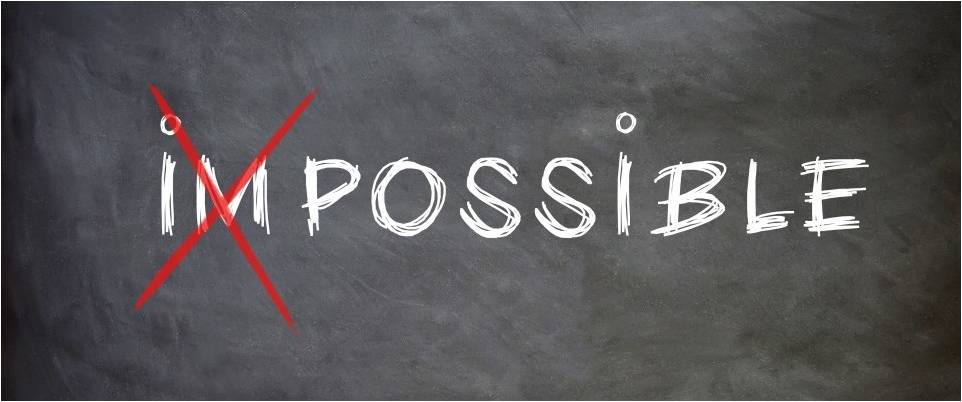
Finding help
Who can they talk to?
- Friends
- Family
- Someone you trust at school
- Youth worker
- Health professional (GP; Counsellor Nurse)
- Charities and Helplines
Select the underlined topics below to view what resources are available.
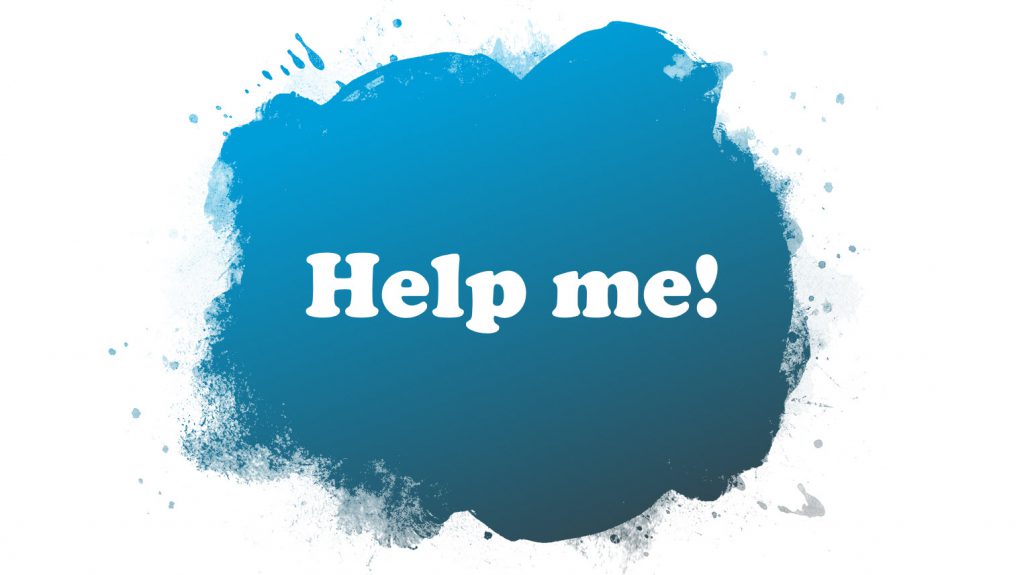
Getting more help
If you haven’t already found the help you’re looking for, you can find additional information and services which are more interactive here.
You can also make a referral to Mental Health Services by completing the online referral form
Select the underlined topics below to view what resources are available.
…in and around North Staffordshire
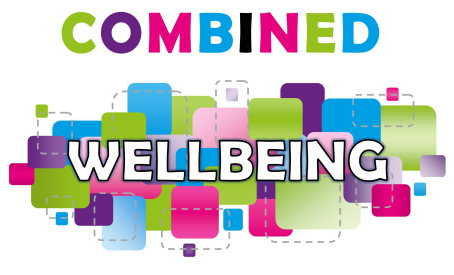
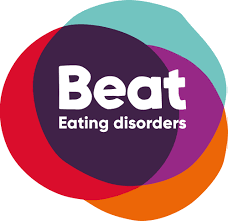
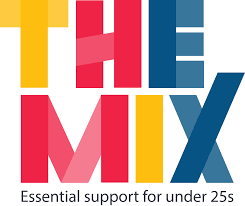
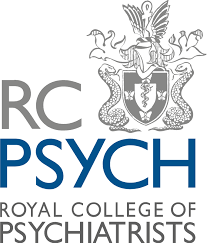



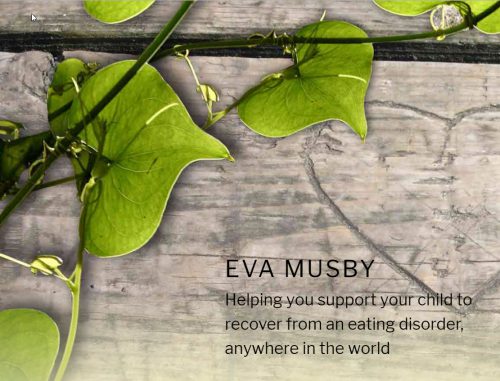

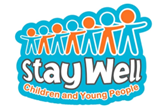


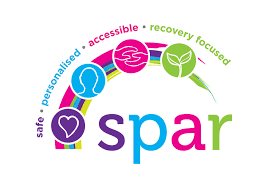
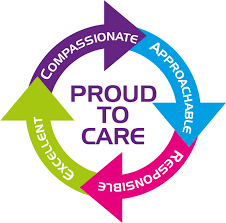


 For the next few minutes, take each thought that enters your mind and place it on a leaf…… let it float by. Do this with each though – pleasurable, painful or neutral. Even if you have joyous or enthusiastic thoughts, place them on a leaf and let them float by.
For the next few minutes, take each thought that enters your mind and place it on a leaf…… let it float by. Do this with each though – pleasurable, painful or neutral. Even if you have joyous or enthusiastic thoughts, place them on a leaf and let them float by. If a leaf gets stuck, allow it to hang around until it’s ready to float by. If the thought comes up again, watch it float by another time.
If a leaf gets stuck, allow it to hang around until it’s ready to float by. If the thought comes up again, watch it float by another time.